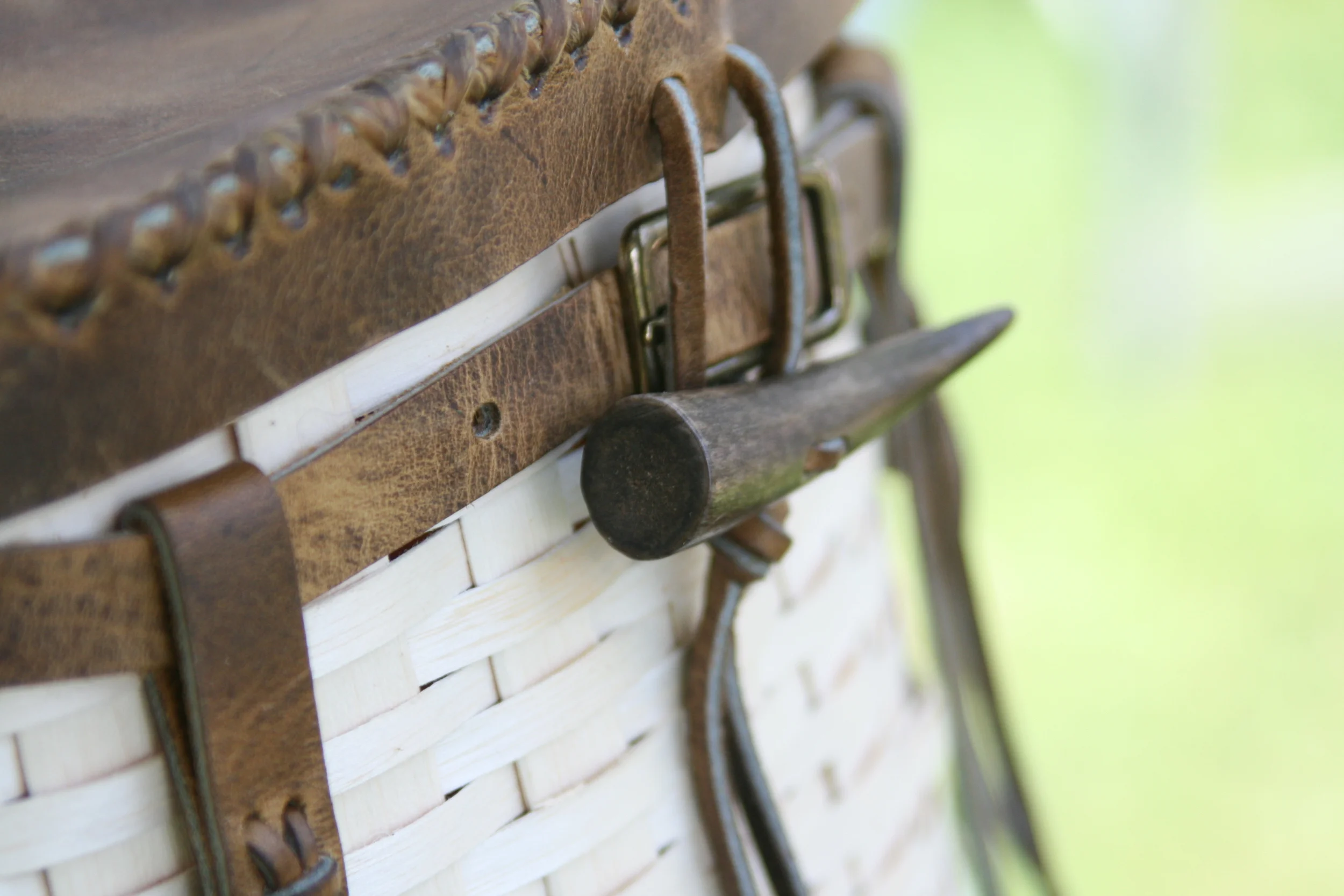Honoring Kikehtahsuwiw: It Heals during Women's History Month
/
April marks the final month to see the first exhibit curated by Abbe Museum Educator George Neptune, Passamaquoddy. Kikehtahsuwiw: It Heals is a story about several women in the Passamaquoddy Tribe, residing at both Motahkomikuk (Indian Township) and Sipayik (Pleasant Point). Each of these women shares a common goal: healing their communities.
"I grew up at Township for most of my life. I was taken from my mother when I was three months old—I was told that she left me in a crib for three days, with no food or water. My aunt found me, barely alive, and they took me away. That was the first time I went to my foster family. I was nine when I was taken to my biological father’s house, and was there for just a few short months. I went to another foster family, where I suffered a lot of abuse.
I discovered drinking as a teenager—as most teenagers do—but it was never really a problem for me. After my second son was born and passed away, I didn’t care anymore. And after my daughter was born, I got into the drugs. I stayed into the drugs for eleven years, doing anything from snorting to I.V. use. Once my children were living with their fathers, I’d lost everything. I moved in with one of the biggest drug dealers around.
The drum really helped me on my road to recovery. The drum is very powerful medicine in and of itself. My partner said we needed female voices in another group, so I said I would try. I just wanted to be around the drum. They took me to a drum practice on Indian Island, and the power of that drum beat—the music, the vocals that come with drumming—it opened my mind, my spirit to everything around me.
If I didn't have the drum or my partner’s family, I don’t know where I’d be. I always felt the drum at powwows and socials, but I never sat down and learned the songs—the words, and what they mean. The combination of it all was very powerful for me. I owe a lot to that family—they are an amazing family. They’ll help anybody. For them to take an interest in me, and to show me the right way, the right path that I should be on—that was amazing." April Tomah, Passamaquoddy at Indian Township
"I think it’s important for us to remember that we are matriarchal people. That is who we have been for thousands of years. The fact that women’s role has been diminished over the last 500 years is not our way, it’s the Western culture’s way. And if we’re going to truly survive, we need to get to the point where we respect our women, we believe in our women, and we take care of our women. We are the ones who have been entrusted as givers of life. I’m not saying that men’s roles are diminished, we just need to be reflective of and remember who we are. I think that’s important." Elizabeth Neptune, Passamaquoddy at Indian Township
"Women are still the leading force here. We’re a matriarchal society, and people have always followed the women’s lead. I think the women are still pretty strong in that—it’s set in our DNA. Women were the givers of life, we nurtured the children, and today, we’re really still pushing to make our people complete again. We’re the caregivers—if there’s going to be healing, we’re the ones to do it. I’m not saying that men are any less, because we’re all equal, but that’s what our role is. We’ve been given a very special gift, by being able to give life—we’re Life Givers, and with that comes great responsibility. Whenever I go to something having to do with community members voicing concerns, I take a look around, and I always see more women." Plansowes Dana, Passamaquoddy at Sipayik













